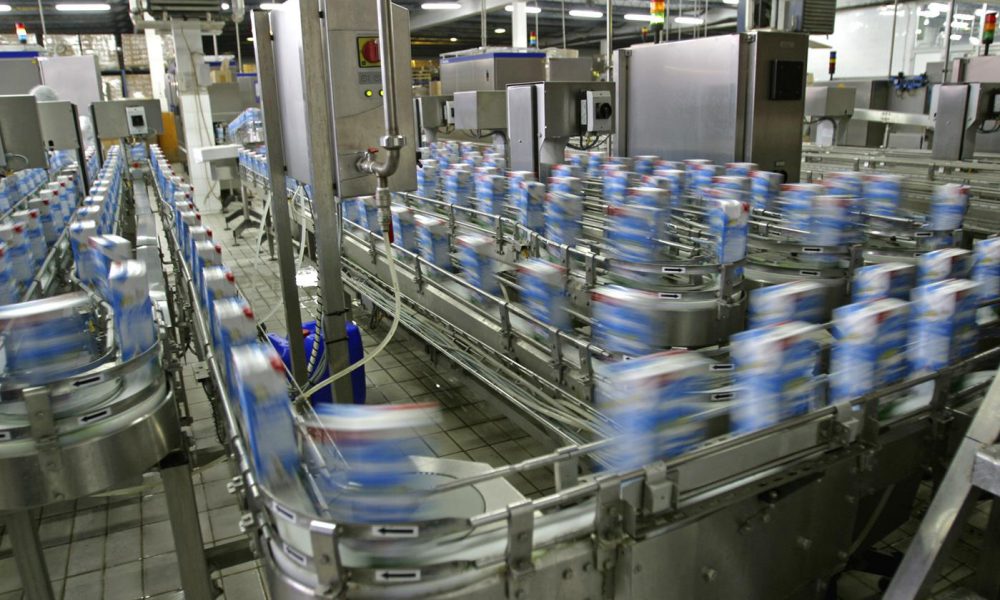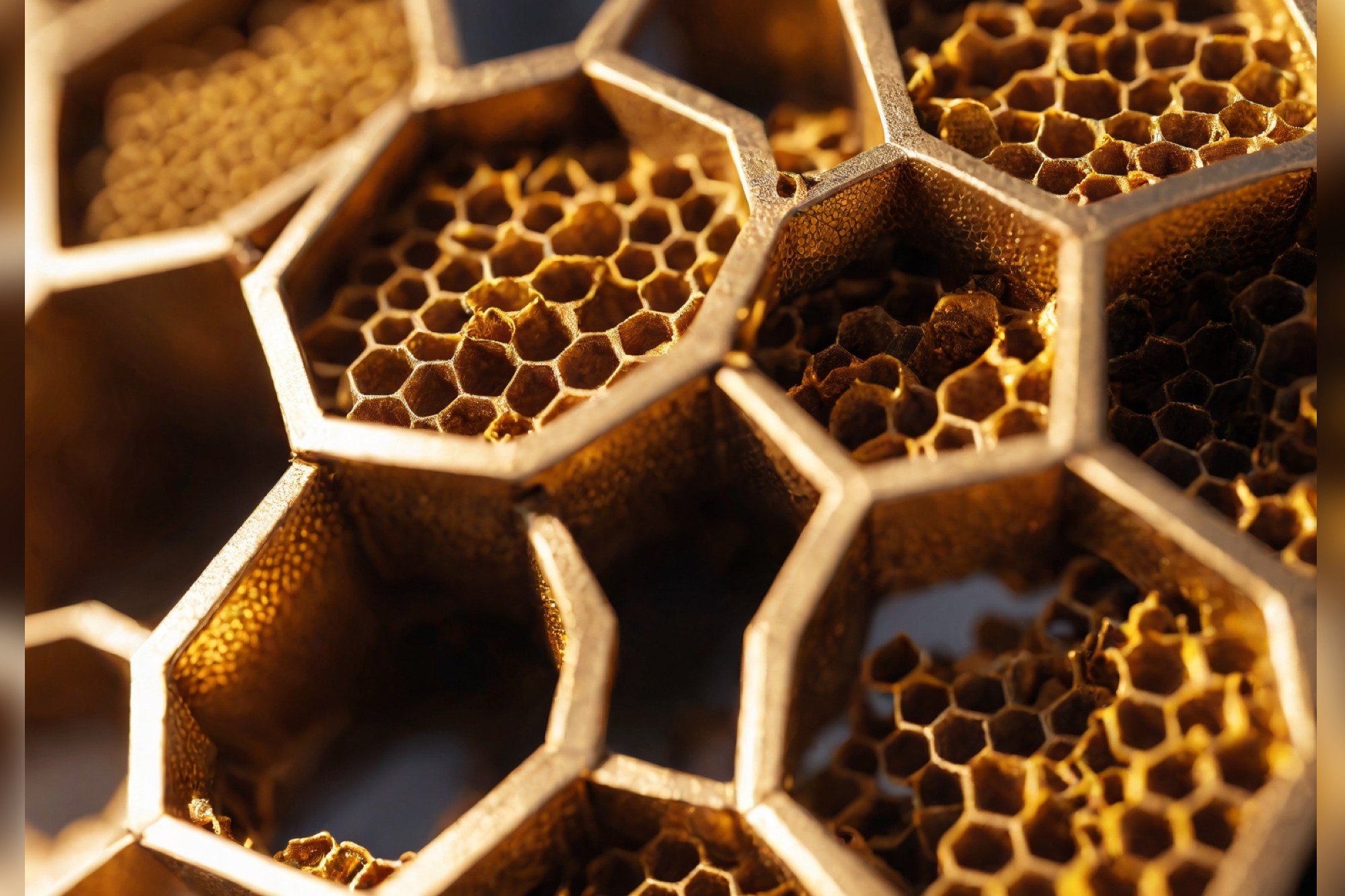How digitisation will drive manufacturing success
By admin August 16, 2016 2:59 pm IST
Experts from the industry speak on how Industry 4.0, IoT, IIoT and Cloud are going to drive the Indian manufacturing sector.
The vision of Industry 4.0 is significantly higher productivity, efficiency and self-managing production processes where people, machines, equipment work-in-process components communicate and cooperate with each other directly. Industry 4.0 is a meeting of real and virtual worlds in manufacturing and involves the full integration of manufacturing technologies and systems to make a smart factory.
Since the world markets are ever more connected, Indian manufacturing industry has to be globally competitive. Sivaram P V, Managing Director, B&R Automation India says, “Embracing technology is the way forward promising Indian manufacturers as serious contenders in global market as well as ever growing domestic market.”
The Internet of Things (IoT) is one of the most significant trends in technology today. IoT or IIoT is also creating opportunities to capture and interpret data leading to new services, avoiding commoditisation. With IoT, manufacturers can remotely monitor the condition of equipment and look for indicators of imminent failure – for example vibration, temperature or pressure outside normal limits without going to the manufacturing facility by making fewer visits, reducing costs.
Sivaram says, “One important aspect that should be well-thought-out is; IT is changing our daily lives and manufacturing is no more isolated from it. In fact convergence of IT and shop floor is leading us towards smart factories or let us say ‘Industry 4.0.”
The convergence of IoTSP and manufacturing is pushing the digitalised, networked and smart production. IoTSP, namely ‘Internet of Things, Services and People’, foreshadows the future manufacturing development. The connectivity among devices, service, people and production process by IT technology will contribute to better customer experience, higher productivity and customised offerings.
Madhav Vemuri, Country Service Manager and President Process Automation Division, ABB India Limited says, “The Internet of Things, services and People (IoTSP)—an environment in which objects communicate with each other through the Internet and without human-human or human-computer interaction—can be critical in such automation. The government’s plan for high-quality manufacturing (zero defect, zero effect) will require more IoTSP technologies, which are already increasingly in use in traditional economic sectors such as transportation and healthcare.”
The emergence of IIoT represents a digital transformation of manufacturing that shifts the source of competitive advantage away from physical machinery and towards information. IIoT opens up new possibilities for safety, productivity, organisational responsiveness and ultimately, profitability across manufacturing sector.
“IIoT sometimes used interchangeably with other terms such as Smart Manufacturing, Industry 4.0, Digitisation, and Connected Enterprise – will take centre stage in thought-provoking, future-minded conversations across the globe in 2016,” shares Rajarshi Datta, Sales Director, Honeywell Process Solutions, India.
The primary objective of the production management is to operate with exceptional resource efficiency, process reliability and availability. It collects data from all the systems involved (ranging from individual sensors to the cloud), analyses them on various system levels, and uses them to optimise the overall process. “That way the smart factory is able to analyse its total energy consumption including that of individual modules in the cloud in order to detect and reduce energy consumption peaks. At the same time, each production system monitors its own energy consumption and its status in order to detect wear-and-tear, contamination or power dips, and to proactively take countermeasures against increased energy consumption, unplanned system downtime or machining errors” says Ajey Phatak, Head – Marketing, Beckhoff Automation Pvt Ltd.
IoT and connected enterprises have now started gaining prominence in the Indian business environment. S Sriram, General Manager, Marketing – Factory Automation and Industrial Division, Mitsubishi Electric India Pvt Ltd says, “However, with IoT, comes the need to handle massive amount of data which has to be safe and secure. Predictive maintenance and diagnostics utilising massive amounts of data are expected to become an important part of future manufacturing operations. Increased data from sensors on production lines, etc. will raise the need for expanded data-processing capacity and we are working to offer controllers to meet the growing demand to secure the systems against wire tapping, data manipulation, unauthorised access and other forms of cyber-attacks.”
Industry 4.0 is one of the key technologies being adopted by many progressive manufacturing giants across varied sectors. It’s actually a melange of many futuristic and advanced concepts and technologies which have the potential of transforming the production scenario in the 21st century mainly comprising of a ‘connected shopfloor’ where data is collected from various sensors and other input devices to be used for predictive maintenance, better control and long term analysis. “Any smart device or sensor in the field today has a lot of data related to the device or sensor itself. But so far, this data is not accessible beyond this device. We can now access this data from the sensors in real time, without using diagnostic tools,” shares Sameer Gandhi, Managing Director, Omron Automation, India.
In the coming future, industrial automation sector will witness deeper connections between the plant floor and the business along with the broader ecosystem which surrounds the manufacturer. Ashish Manchanda, Managing Director, Finder India Pvt Ltd shares, “The industry will mark a closer association between engineers who are located at the design-office and employees at manufacturing plant located far distant places. In order to compete on a global level and produce quality products, Indian manufacturers need to aim at improving their processes with the help of industrial Ethernet networks.”
Hence the IoT, IIoT and Cloud based technology as are now required to incorporate a stronger, efficient and cost saving model of operation. Manchanda says, “As a result we can clearly see the trend that the IoT is now growing and is reaching different segments of Indian industries. India is one of the countries where a lot of innovation is happening around IoT across different verticals and technologies e.g. smart city initiatives, smart grids, water and energy conservation in industries etc.”
Cookie Consent
We use cookies to personalize your experience. By continuing to visit this website you agree to our Terms & Conditions, Privacy Policy and Cookie Policy.


















